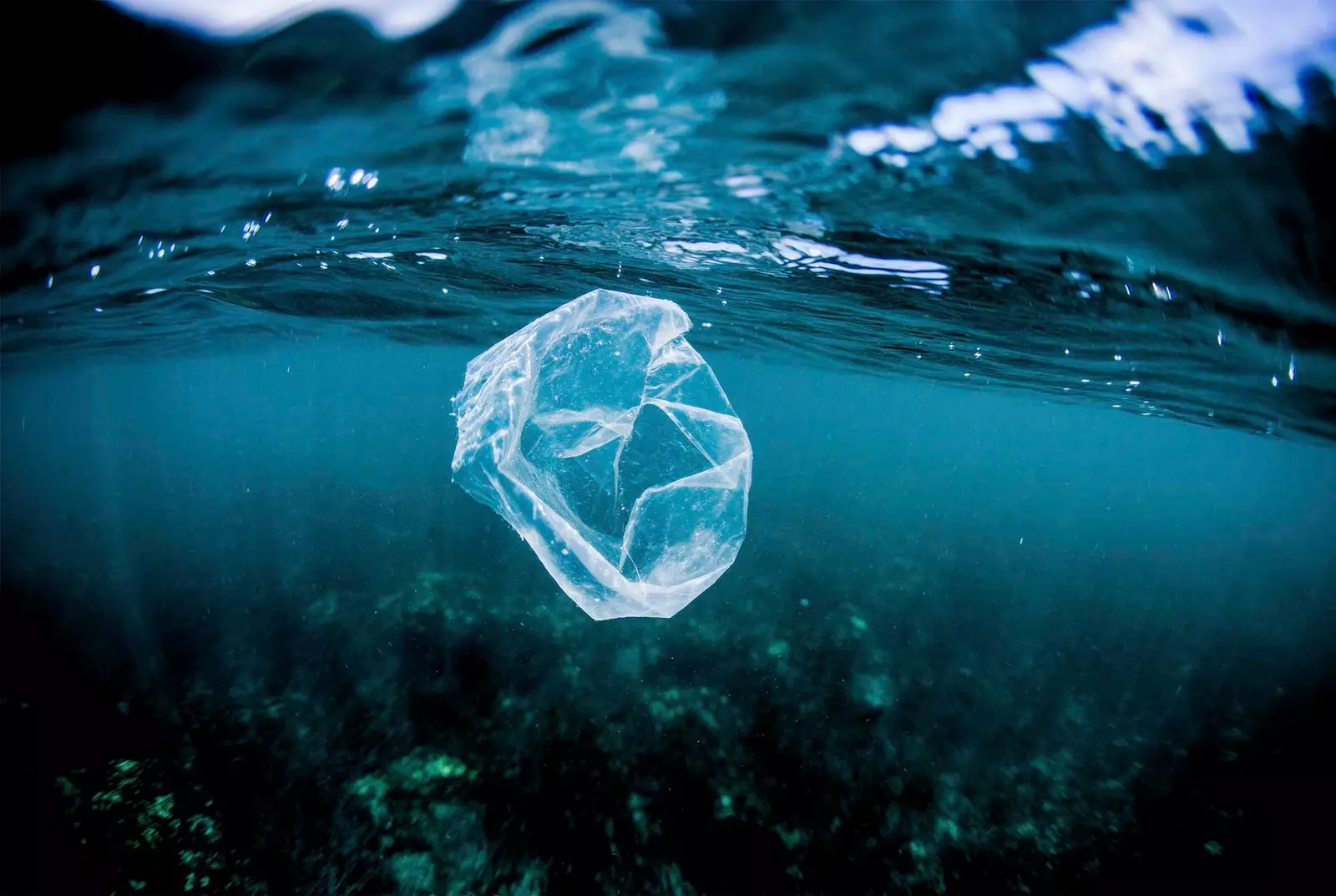
A plastic bag floats over a coral reef in Costa Rica
If Columbus had arrived in America with a plastic bottle and thrown it overboard from the Santa María before making landfall, today, in May 2019, that bottle would be on the verge of decomposing . Between 500 and 600 years, the same time it will take for many products that occupy our homes to disappear if they end up in the place where a large part of the waste we generate ends up: the ocean.
But do not spread panic. A fraction of this waste will not be in the water for a long time: the fish and other marine beings will take care of phagocytizing it, in the form of microscopic particles, returning that plastic to us when we go shopping at our trusted supermarket or fishmonger. A plastic boomerang straight into our gut.
"Each one gives what he receives, then receives what he gives", he sang George Drexler . Fortunately, we humans are beginning to come out of our paralysis.
ISLANDS OF GARBAGE AND INTESTINAL PLASTICS
It's like a chapter black mirror : Dozens of newspaper articles – this one, one more – talking about plastic as a masked enemy that will end life on planet Earth. Unfortunately, it is not a dystopia, and the world – albeit at slow and arthritic steps – is beginning, as we said, to realize it.
Let's start with what we already know: plastic invades our seas. We have seen on numerous occasions that news about the “island” or “garbage continent” of the North Pacific, bigger than France/Peru/Texas (depending on the medium that writes it). However, the reality is more resounding: It is not an island, there are several, distributed throughout the oceans due to the confluence of various marine currents.
Where do these plastics come from? Above all, of fishing waste and the poor human management of land waste : 400 million are produced annually in the world, of which only 9% are recycled. The UN said so in one of its most recent reports.
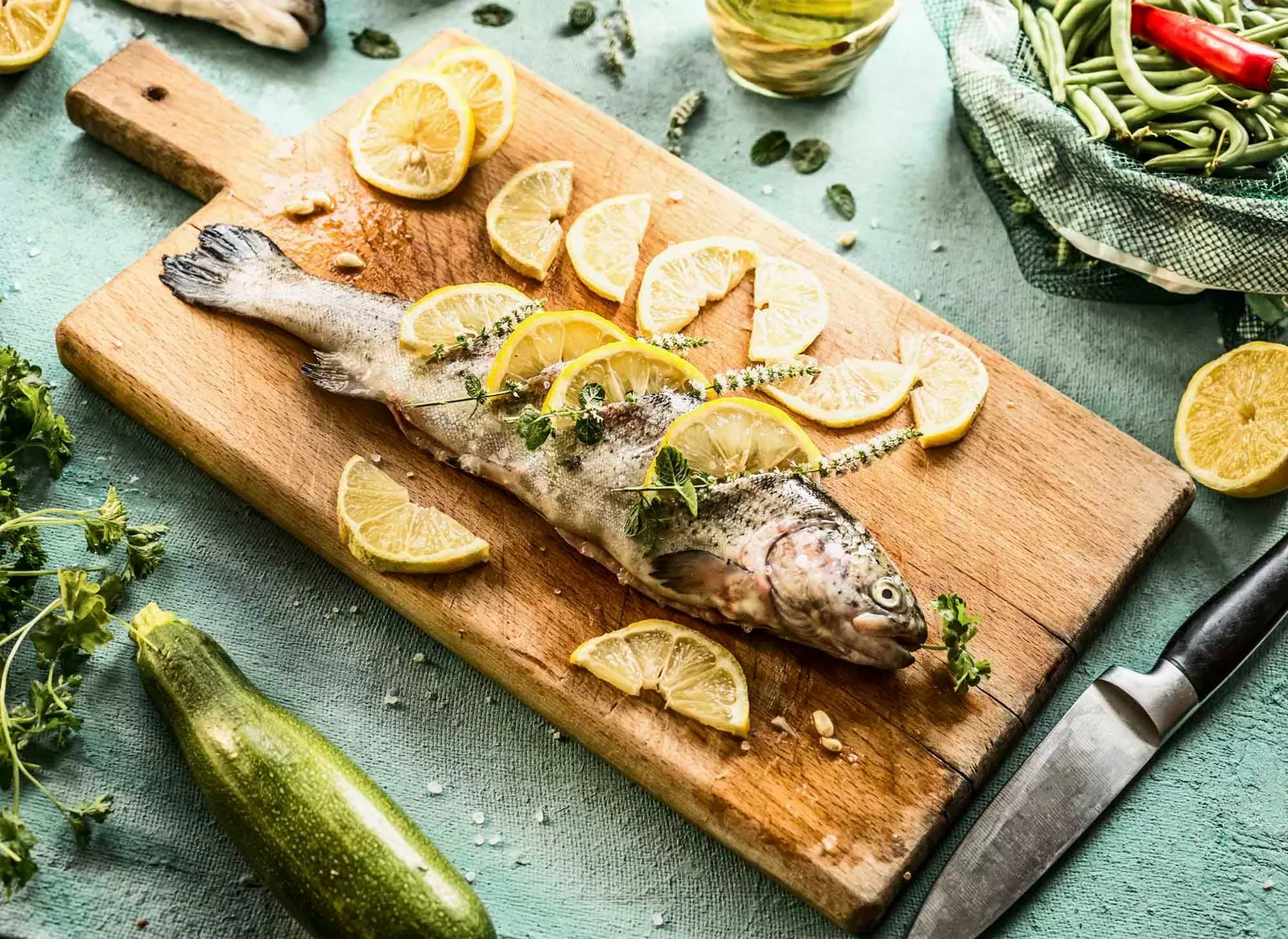
The plastic is on your plate
The figures are impressive, but, since we are talking about oceans, those immense entities so far from the dimensions to which we are accustomed, great empathy problems. That is when it becomes necessary to show the disaster on a closer scale and reveal that these plastics have already reached the human being, specifically, to our gut .
Continents of invading plastic, motherships that send thousands of micro-soldiers to colonize us from within: a plot that would make any apocalyptic-minded screenwriter salivate. But the resistance has already begun to take matters into their own hands and comes loaded with good (and not so good) ideas.
SHOW, COLLECT, RECYCLE, BAN.
You walk on a white sand beach while recording an Instagram Stories. In front of you, the turquoise blue sea; behind you, a palm grove, six moais and several wild horses running at a gallop. you are on the beach Anakena , on Easter Island, the most isolated inhabited place on the planet. Everything seems perfect.
You keep walking and something catches your attention in the sand: small blue, red, green objects… You put your mobile away and pick one up. Your mind thinks that it is a precious stone and that today is your lucky day. You look at it, you touch it, you bite it: it's not stone, it's plastic, a tiny plastic You look around you and see that the beach is full of small objects of unnatural color. A whirlwind of thoughts invades you, among which one stands out: “Do I tell this in the Stories?”.
And then you count it.
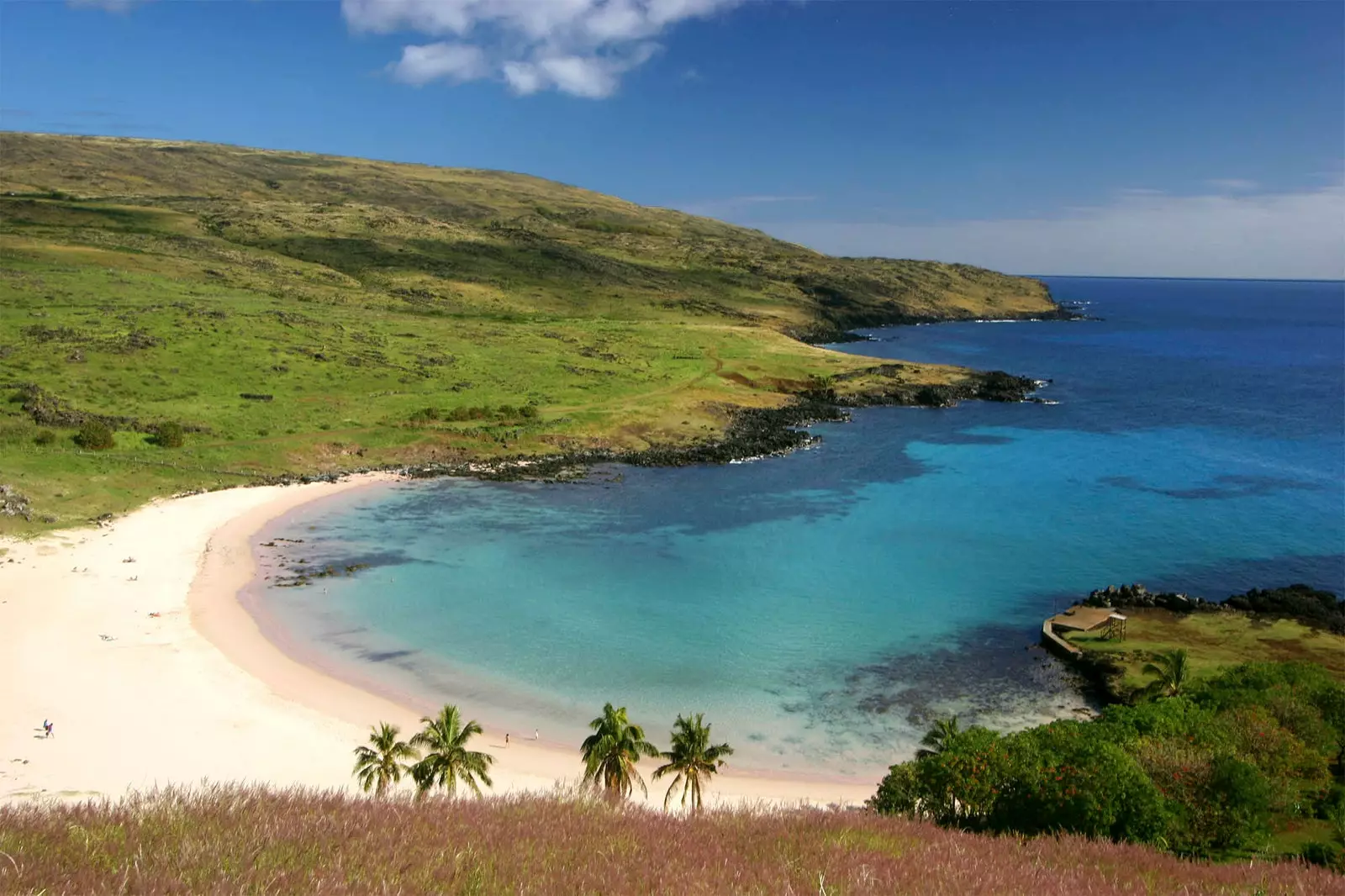
Anakena beach keeps a secret...
This gesture, which seems so obvious today thanks to all the anti-plastic campaigns that appear in the news and on social networks, is something that has been happening since not long ago. Movements such as the ** Trashtag challenge ** – which consists of cleaning natural places of plastics and other garbage – have begun to impact people's brains, but the usual thing, until recently, was not showing the B side –dirty, ugly, contaminated– of the places to which they traveled.
This concept was what moved travel bloggers Alberto Menendez, Javier Godinez and Sergio Otegui to carry out an awareness campaign in Indonesia , one of the countries most affected by the plastic problem –with images as shocking as the course of the Citarum, the plastic river –.
under the slogan #LaBasuraNoDaLikes , delved into the Indonesian reality for three weeks. Its mission was clear: to contact local organizations involved in waste management and carry out a permanent visibility campaign on networks. One of these organizations was trash hero , a movement based mainly in Southeast Asian countries and whose mission is to develop educational programs and clean-up campaigns with the help of volunteers.
Menéndez, co-creator of the website and YouTube channel Backpackers TV , tells Traveler that the reality in Indonesia is that of a country in which the plastic problem reaches some worrying limits, even more so if the high influx of foreign tourism is taken into account. Otegui, creator of the web Nothing included , adds, for his part, that "this type of isolated campaign, by itself, may not have much strength, but the goal is for people to see it and replicate it."
The first step, one of the most important to deal with the garbage problem, is already being carried out: remove our crust of whitish blindness and accept reality as it is. But communicating and cleaning is not enough, it does not get to the root of the problem; what is the key then? What the next steps? Re-use? Recycle? Ban?
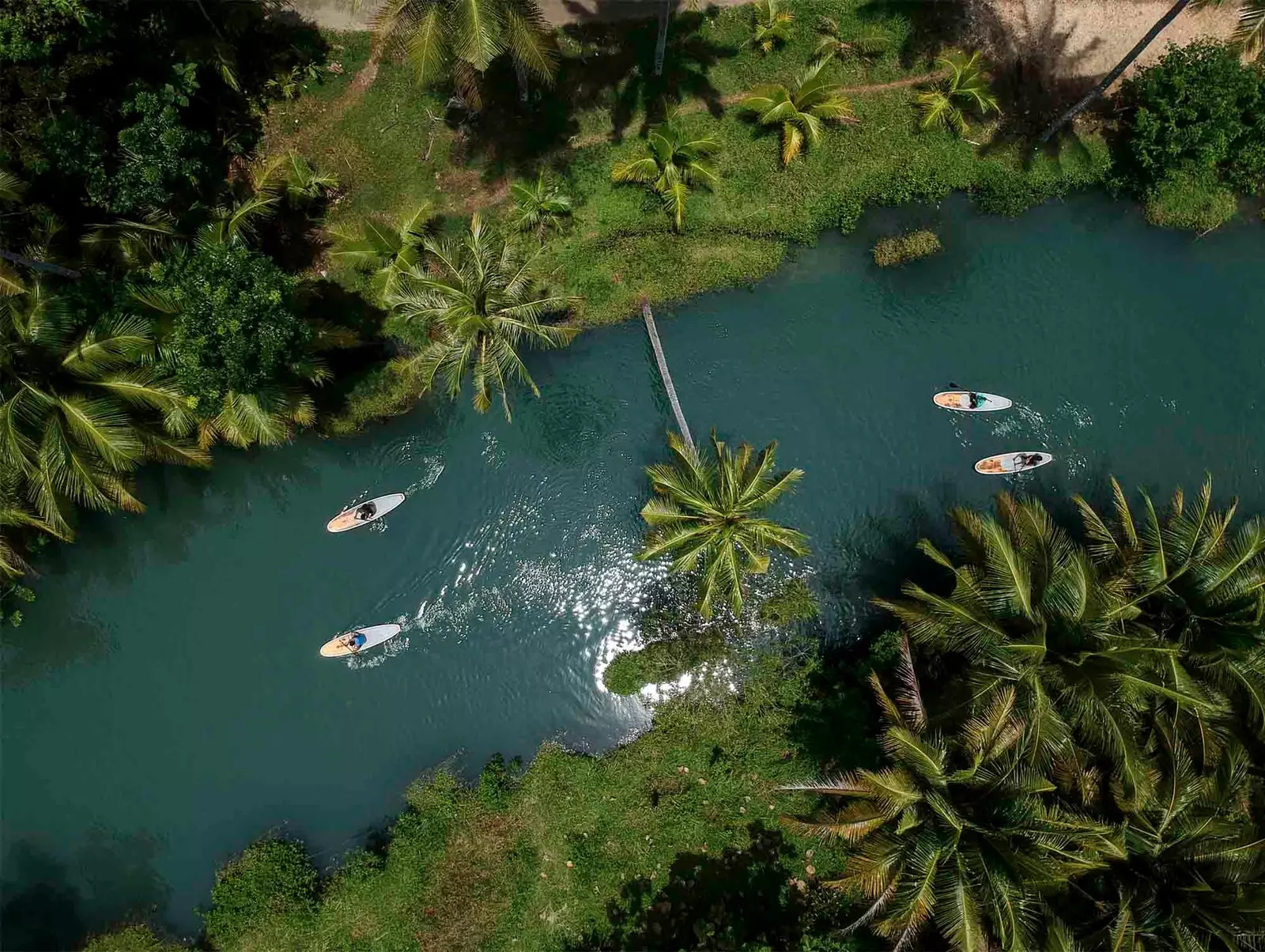
Indonesia, paradise?
REUSE AND RECYCLE
The reuse of waste has generated great ideas, such as the projects of the American architect Michael Reynolds , creator in the 70s of the so-called Earthships, houses built from garbage , a raw material that, in the words of Reynolds himself, "today is native and common in almost any part of the world".
However, reuse seems like a somewhat limited measure considering the huge amounts of garbage that are generated. This leaves recycling as the main protagonist of the film, a protagonist who does not seem as effective as thought , as evidenced by the UN in the aforementioned report.
As Javier Godínez explains on his website live to travel , recycling is still sold today as the great solution, but when we talk about plastics, it is not enough. "If you investigate the reason, you will come to the conclusion that the main reason is the economical . Unlike glass or metal, plastic is much more expensive and complicated to recycle, and therefore much less profitable.
According to a Greenpeace Spain report, the level of recovery/recycling of plastic containers in our country would be around 25.4% (much lower than the data provided by the packaging/distribution companies). These figures show a clear inefficiency of recycling, even more so in countries where waste treatment systems are more limited or even non-existent. Governments have realized this and are beginning to take other types of measures: those of prohibition.
BAN… OR MATURE
Ban plastics. This is the measure that has recently been presented as the most brilliant and forceful way to put a stop to the plastic invasion. Kenya, Morocco, Chile… There are already several countries in the world that have implemented the ban on handing out plastic bags in establishments.
The European Union went a step further at the end of 2018, agreeing to the prohibition of sell and import single-use plastic products –bags, straws, sticks, plates and plastic cups, etc–. The goal is that, by 2021, all those goods that already have a biodegradable version as an alternative will disappear. Although in Europe there are already those who are going to anticipate this resolution, such as the island of capri , which will ban plastics from May 1, 2019.
Seeing this news, it seems that, a priori, prohibition measures are an effective way to curb the planetary problem. However, this fact carries an associated danger: converting the citizen into a being dependent on the paternalism of the state. If a human does not do something because he is forbidden to do so, it is not because he is aware of the reason: it is because, if he does it, it carries a penalty. Namely, he takes him away from reality again, not showing him the consequences of his actions and the decision-making capacity that he has in his hands.
This is the point where, perhaps, the real key to the fight against plastic lies. As Godínez states in his article " the only effective solution to the plastic problem is to stop using it. So simple and, at the same time, so complicated. It can be difficult, but we must not forget the power that consumers have through demand, which can create trends to ultimately transform industries."
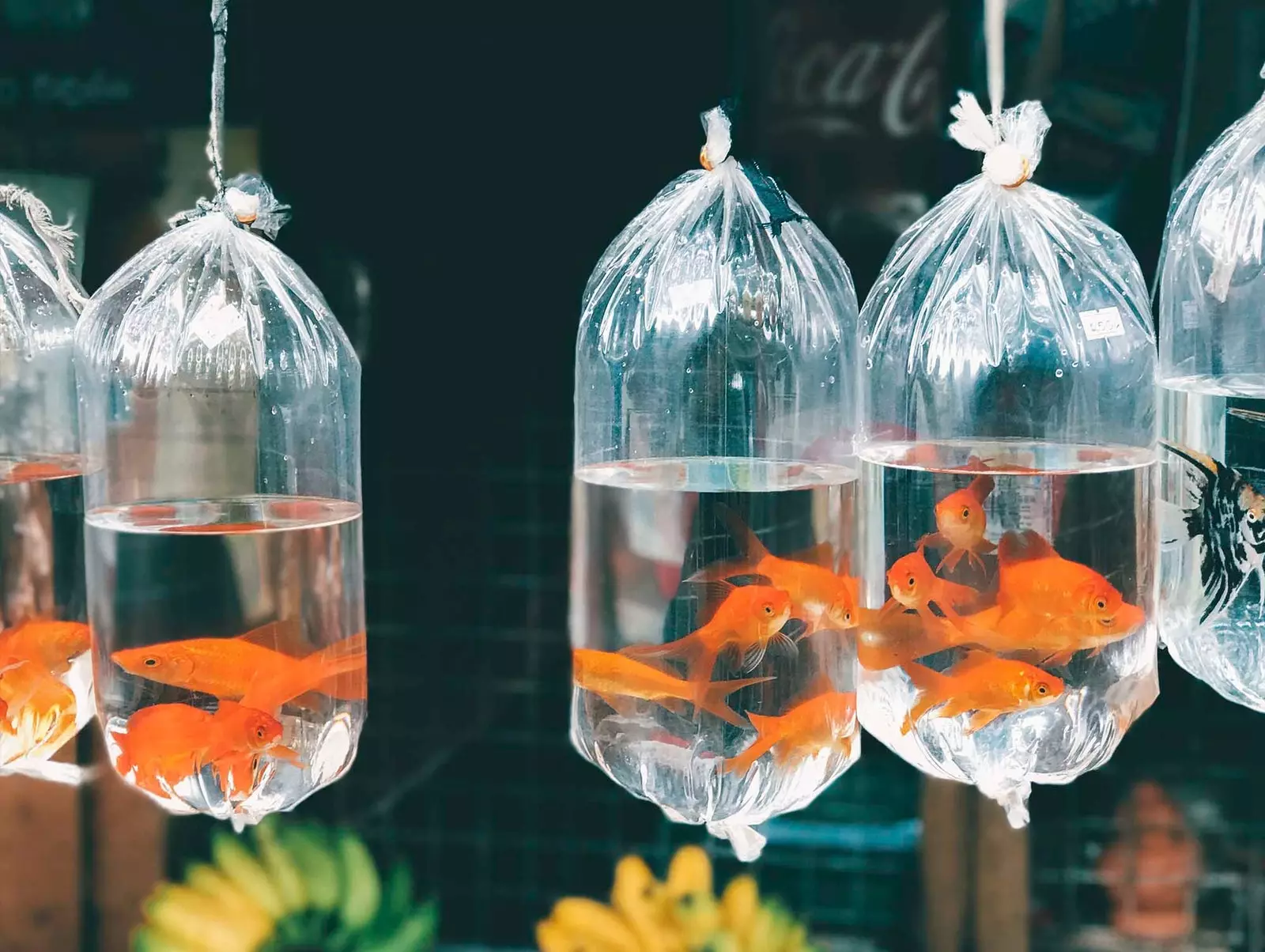
"The only effective solution to the plastic problem is to stop using it"
Said goal, which may seem like something Utopian Given the massive invasion of plastics in stores and supermarkets, it is not so much if you look at some of the proposals that are being carried out in the world: plastic free supermarkets , commercial flights without plastic on board , universities that give away reusable bottles to their students or groups like More clay, less plastic , a network of potters and ceramists that invite you to return to those times when colanders, glasses, bowls and other everyday objects were made of clay. If we dare to investigate, we will realize that there are local alternatives , very close to our homes, that serve bulk products or that have chosen to dispense with products packaged in plastic.
The small plastic particle from Anakena beach would have less chance of getting there if a sea cleaning. Those possibilities would be reduced if the waste was recycled properly, instead of being dumped into the water. The percentage would greatly decrease if local laws prohibited food companies from producing certain plastic containers. But what would really prevent this microplastic from reaching Easter Island is for all of us to be aware that the small gesture of not buying a packaged product from the supermarket can become a real revolutionary act.
Complicated? Perhaps, but if in doubt, it is best to ask the experts for advice. plastics lodged in our intestine . After all, they are the only ones who have managed to see how we really are inside.
